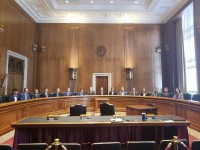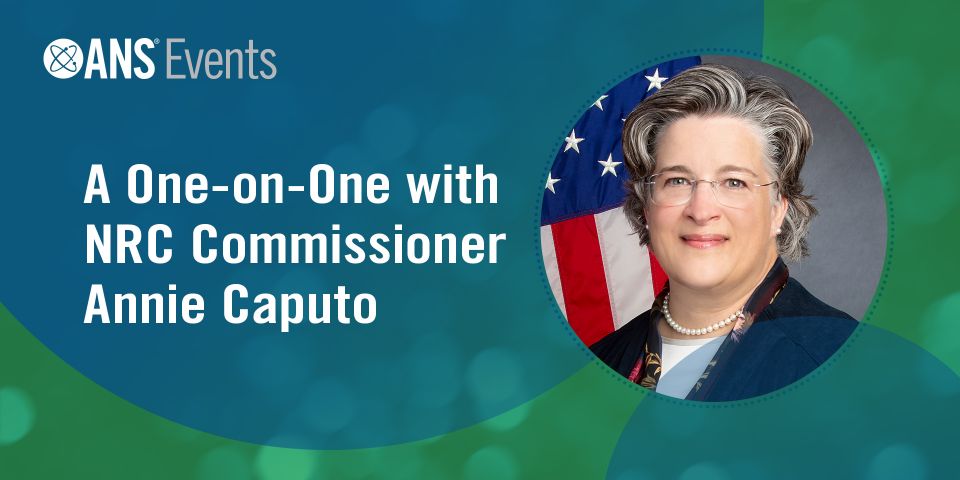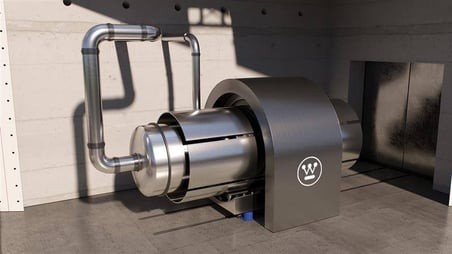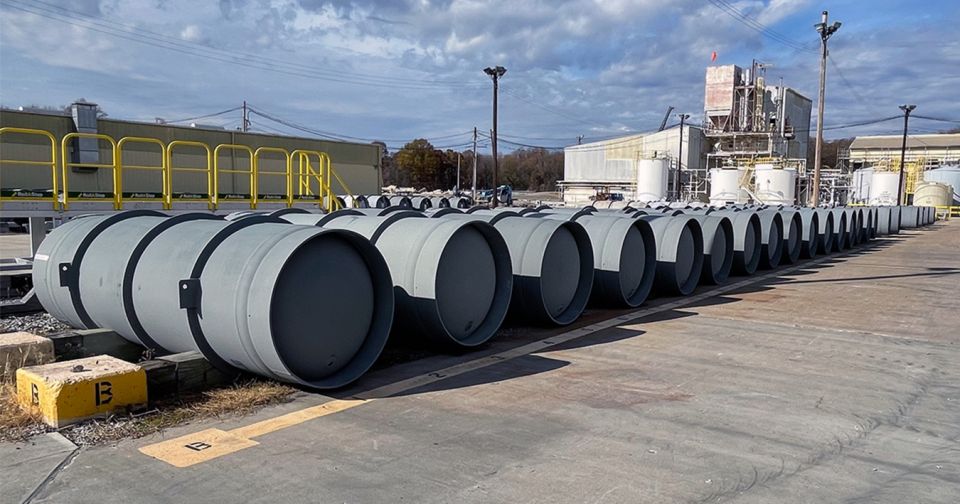Advocating for Nuclear with the NESD
Sometimes it feels like we're fighting an uphill battle for nuclear energy - and perhaps we are.
Indeed, because an April 2018 survey by Pew Research found that 54% of Americans oppose building new nuclear reactors despite a majority of U.S. adults reporting that climate change affects their local area. And if you're reading this, I probably don't have to tell you that nuclear power emits almost no carbon, aids in environmental and biodiversity conservation, provides high-paying jobs for a wide array of fields and education levels, and keeps running regardless of what the weather outside is like.
Despite all of this, it feels like nuclear plants are shutting down faster than HBO can produce seasons of Game of Thrones.
However, there is still hope for the future of nuclear. For example, the Nuclear Waste Policy Amendment Act of 2018 recently passed the House, paving a way forward to finally license Yucca Mountain 31 years after Congress designated it to be the official deep geological repository for spent nuclear fuel in the U.S. It's about time, considering that the 1986 designation of Yucca Mountain as our official spent fuel repository site is now 33 years old.
Furthermore, there are some interesting legislative battles being waged on the state and local. Both New York and Illinois have enacted a version of a Zero Emissions Credit (ZEC), subsidizing their nuclear power plants, averting further premature closures. Wisconsin and Kentucky recently lifted statewide moratoriums on nuclear power plant construction in 2016 and 2017, respectively.
However, there are more federal, state, and local level battles to win, but the question is how do we win them? What can we do to ensure the future success of our industry? These questions are especially poignant for students who wish to have nuclear careers many years from now. Students are answering the call of these questions for the sake of employment, the planet, and their futures, through legislative advocacy.
 The premier student legislative advocacy organization is the Nuclear Engineering Student Delegation (NESD). NESD was formed in 1994 in response to the legislature's attempt to cut off funding to university reactor programs. Five students from around the country got together to visit their lawmakers in D.C. and successfully advocated for the reinstatement of university reactor program funding. A completely student-organized delegation has gone back every year since then to advocate for nuclear energy, policy, education, and research, growing to about 16 students every year.
The premier student legislative advocacy organization is the Nuclear Engineering Student Delegation (NESD). NESD was formed in 1994 in response to the legislature's attempt to cut off funding to university reactor programs. Five students from around the country got together to visit their lawmakers in D.C. and successfully advocated for the reinstatement of university reactor program funding. A completely student-organized delegation has gone back every year since then to advocate for nuclear energy, policy, education, and research, growing to about 16 students every year.
The yearly delegation convenes in D.C. to draft a policy statement regarding relevant nuclear issues. This statement is then used as a talking point in individual meetings with congressmen and women. In the past few years alone, we have successfully advocated for bills such as the DOE Research and Innovation Act, the Nuclear Energy Innovation and Modernization Act, and the Nuclear Energy Innovation Capabilities Act - all of which have since been signed into law.
Although the main purpose of NESD is nuclear advocacy, students benefit from this program in a variety of ways. It is chance to learn about how our government works, practice our science communication skills, as well as network with professionals in the nuclear energy related organizations across the legislative landscape (e.g. ANS, NEI, NRC, DOE, and think tanks). Gaining knowledge on how each of these organizations affects nuclear issues is invaluable in promoting ANS's goal of advancing nuclear technology to benefit society. NESD enriches the technical foundation that students are already building with a science or engineering degree, which allows them to be a more valuable resource for the organization in which they ultimately work.
Applications for the 2019 Nuclear Engineering Student Delegation are open until April 12. If you have any questions about NESD or would like to learn more, feel free to email me at hgardiner282@gmail.com or check out the website.
Please feel free to leave a constructive comment for the author.






